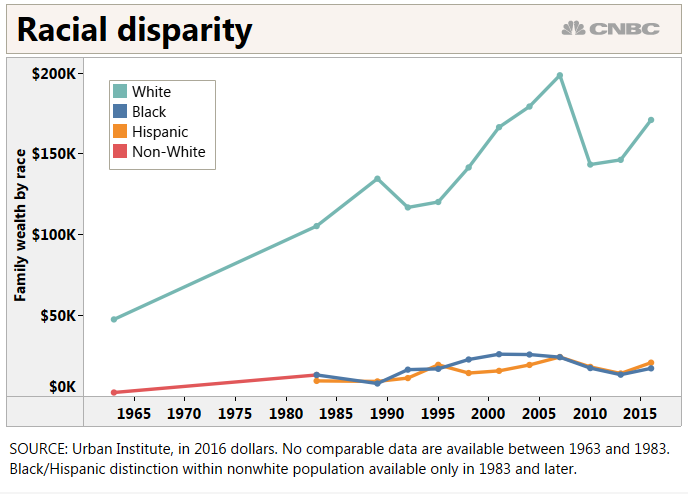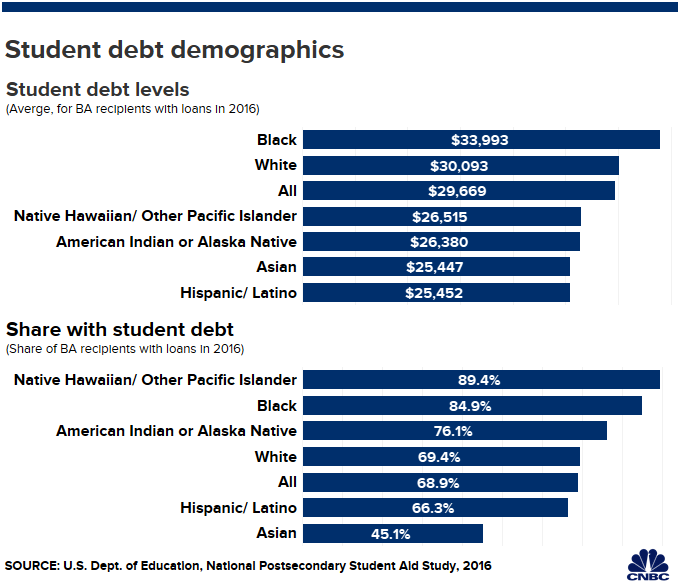Pie in the sky
Zume, recounts a vc investor close to it, “only used to talk about the robots, never about the pizza”. When its lorries rounded corners, melted mozzarella ran everywhere. “When we ordered a margherita,” the investor remembers, “it tasted bad.”
Some proper tech unicorns nevertheless discovered that in the physical world, where many at least partially reside, flywheels encounter friction. In theory their markets are almost limitless, with nearly half of humanity carrying a smartphone. Their business models, like Uber’s, enjoy certain network effects: demand from more riders in a given city lures more drivers to the platform; more drivers in turn attract more riders by making rides easier and cheaper to hail. And they can lower upfront costs by outsourcing things like accounting and data storage to the cloud.
The trouble is that, in practice, variable costs—subsidies paid to drivers to generate business, say—rise with every new customer. People “thought software changes everything”, says Aaron Levie, co-founder of Box, a listed enterprise cloud firm. But in many cases the digital platform is only a small part of the cost structure: “The physical assets stay expensive.”
No network effects means lower barriers to entry for rivals. The flywheel breaks down because riders have no reason to favour an Uber over a Lyft. Most will go for whichever is cheaper—which leads both firms to fight for customers with cut-price rides subsidised by their vc backers’ cash. In the words of Marco Zappacosta, co-founder of Thumbtack, a local-services marketplace, “Some companies ended up selling $1 for 80 cents.”
Randy Komisar of Kleiner Perkins, a big vc firm, offers an alternative rule of thumb. For a unicorn to count as genuinely “tech”—and therefore profitably scalable—its actual product must be technology, he says; “it can’t just be using technology.” Businesses selling physical goods or services often don’t make the cut. Those providing cloud-based services, especially to corporations—like Snowflake (which helps firms warehouse data in the cloud) or PagerDuty (which assists companies’ digital operations)—do. It helps that, like Slack and Zoom, a video-conferencing firm that also went public last year, they are coronavirus-proof. Indeed, lockdowns are boosting their business by pushing firms to move more functions online.
That is not to say that the consumer internet is dead. Airbnb, a home-sharing website, has seen bookings fall by 40% in big European cities as the pandemic halted trips. It may delay its ipo, which was expected to be this year’s biggest. But despite racking up losses of late, it is well-managed, cash-rich and, thanks to an unmatched global reach that puts up a high barrier to entry, likely to make money again once people get back to travelling.
Neil Shen of Sequoia Capital China says that investors still believe in the ability of some Chinese firms, especially $10bn-plus “super-unicorns”, to dominate their giant home market. Meituan-Dianping, a food-delivery firm, and Pinduoduo, an e-commerce site, were criticised for losing money ahead of their ipos in 2018. Both ex-unicorns have since taken off. On March 30th Meituan even reported a quarterly profit (though it warned of a coronavirus hit in the coming months). One promising candidate to follow in their footsteps is ByteDance, the parent company of TikTok, a hit video-sharing app—and, with a valuation of $75bn, the world’s biggest unicorn (in which the Vision Fund also has a stake).
The complex and opaque financial practices behind the calculation of unicorns’ valuations are the third pre-existing condition that afflicts most of them—including those which pass Mr Komisar’s test, boast solid business models and hold enough cash to tide them over a rough few months or more. These conditions lead firms to overstate their value in two main ways.
The first has to do with ownership structure. A private firm’s headline valuation is the product of the number of shares and the price per share at the last funding round. But shares issued in later rounds often have downside protections such as seniority over other investors and ipo return guarantees. These lower the value of common equity issued in previous rounds. In 2018 Ilya Strebulaev of the Stanford Graduate School of Business examined the legal terms of 135 unicorns’ various share classes and found that firms were overstating their valuations by 48% on average.
The second issue is one of governance. Recent years have seen frequent use of “inside rounds”, in which existing backers stump up more money. These can be a vote of confidence from people who know a business well. But they are also a way for vc firms to mark up their portfolios, generating higher internal rates of return that are more attractive to institutional investors (and form the basis on which many partners get paid). According to Mike Cagney, co-founder of three fintech unicorns, SoFi, Provenance and Figure, an unwritten vc rule advises against a firm which led one investment round in a startup leading the next. That inside rounds have become more common in recent years creates a credibility issue for Silicon Valley, he says.

As a result of such finagling, of the roughly 200 American unicorns probably only half merit the moniker, reckons one veteran founder. Although the frequency of “down rounds”, in which valuations fall rather than rise, does not yet appear to have increased, activity in the opaque secondary market for unicorn shares suggests that a repricing is under way.
Sellers in such marketplaces (chiefly company insiders and vc firms seeking an early exit) appear to outnumber buyers in transactions involving such darlings as Grab, a $14bn Singaporean ride-hailing group, and Didi Chuxing, a Chinese rival. Phil Haslett of EquityZen, one such marketplace in New York, revealed in March that shares in many big private startups were changing hands at roughly 25% below their most recent funding round, in part as rank-and-file employees lined up to cash in. The trend has intensified as virus-linked uncertainty pummels risky assets.
These ructions point to one certainty: a shake-out looms. Firms that have most to lose from virus-related measures are shedding workers. Even before covid-19, Lime laid off 14% of its staff and exited a dozen cities. On March 27th Bird, a rival, announced that it was sacking a third of its workers to conserve cash. In all, unicorns have trimmed their payrolls by several thousand people. That is probably not the end of retrenchment. Workers who remain are seeing the value of their shares dwindle and prospects of an ipo windfall recede. Even viable listings are on ice until the markets’ pandemic fever breaks.
In the meantime, the unicorn world is astir with talk of consolidation. SoftBank has reportedly long wanted DoorDash and Uber Eats to merge. A tie-up now looks appetising. The Japanese firm may once again try to combine Grab and Gojek, a rival in Indonesia, where a price war is leading both to lose perhaps $200m a month. In America Uber may try to woo Lyft, whose share price has fallen faster than its own.
Not so tasty anymore
Selling to strategic buyers offers another way out. In February Intuit, a financial-software giant, bought Credit Karma, a personal-finance portal, for $7bn. Many potential acquirers are, however, hoarding cash until the pandemic passes.
The uglies are coming
If all else fails, “sell it to one of the big uglies”, says one vc chief. The “uglies” in question—Apple, Microsoft, Alphabet, Amazon and Facebook—are collectively sitting on more than $570bn of gross cash. In normal times regulators would balk at a takeover by one of the tech giants. But these are not normal times. As a painful recession looms, preserving jobs—including not just those of well-paid coders but of the much larger army of gig-economy workers—may override antitrust concerns.
Even if some unicorns are spared—through mergers, acquisitions or just good fortune—the coronavirus is certain to ravage the herd. It will probably put the term itself, which has come to denote excess and broken promises, out to pasture. A new word may be needed, says Mr Khosrowshahi, to describe what is left. ■













